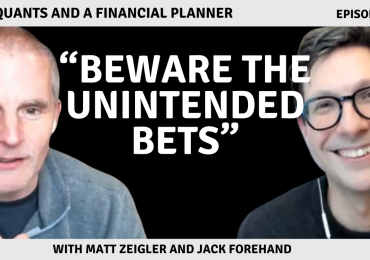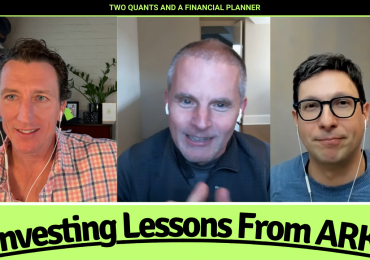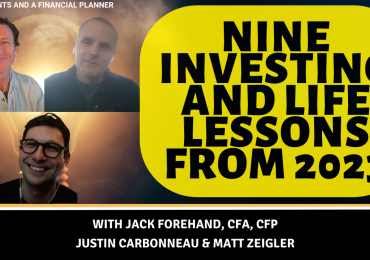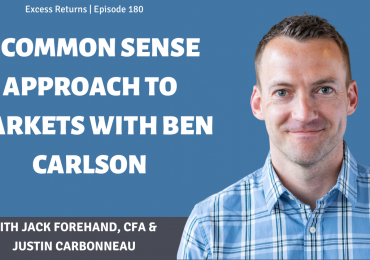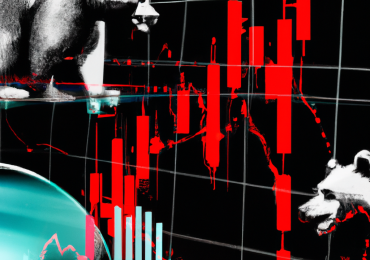An article for Yahoo! Finance disseminates the 5 most valuable investing takeaways from legendary investor Howard Marks’ book, The Most Important Thing. Marks is the founder of Oaktree Capital Management, which holds over $8 billion in its equity portfolio and produced an 18.8% Internal Rate of Return, compared to the S&P 500’s 10.4% annual return.
- Understand risk. Rather than market volatility, risk should be looked at as the likelihood of losing your original investment. When the outcome is less certain, the risk goes up and the probability of garnering returns widens. Of course, riskier investments attract capital by offering the prospect of high returns—but that doesn’t mean it will produce them. If you’re an investor who likes to chase risk, it’s important to understand that risk & reward don’t always correlate; higher risk doesn’t always mean higher reward, and unwillingness to buy something that everyone deems risky can sometimes drop the price to where it’s not a risk anymore.
- Understand bubbles. The worst thing to do is buy something at the apex of its popularity, because that popularity is factored into its price. Rather, buy something when no one else likes it. With time, its popularity and then its price, can only go up. But in a bubble, the attractiveness of a stock becomes “attractive at any price” and buyers believe there’s no risk because the stock is too popular to fail. That “risk-is-gone” myth is actually the most dangerous kind of risk, Marks writes.
- Understand probabilities. Weigh expectations against the probability of its occurrence, but understand the difference between probability and outcome. Improbable things sometimes happen, while probable things don’t all the time.
- Understand cycles. Everything is cyclical, Marks believes—even writing a book about it called Mastering the Market Cycle. His two rules on cycles are that most things will turn out to be cyclical and that the biggest opportunities for loss or gain happen when everyone else forgets rule number one. Markets function like a pendulum, and investors overvalue companies when the pendulum is on the upswing, and undervalue them when it’s on the downswing. Being able to withstand the extremes because you know the cycle will come around again is key.
- Understand great investments. Summarizing Marks’ approach for finding great investment opportunities, the article lists several key things to look for in value stocks:
- Stocks that aren’t well-known or understood
- Stocks that might seem questionable on the surface
- Stocks that are controversial or distasteful to most people
- Stocks considered inappropriate for traditional portfolios
- Stocks that are unpopular, not well-liked or under appreciated
- Stocks carrying a record of low returns
- Stocks that were recently the subject of disinvestment as opposed to accumulation


